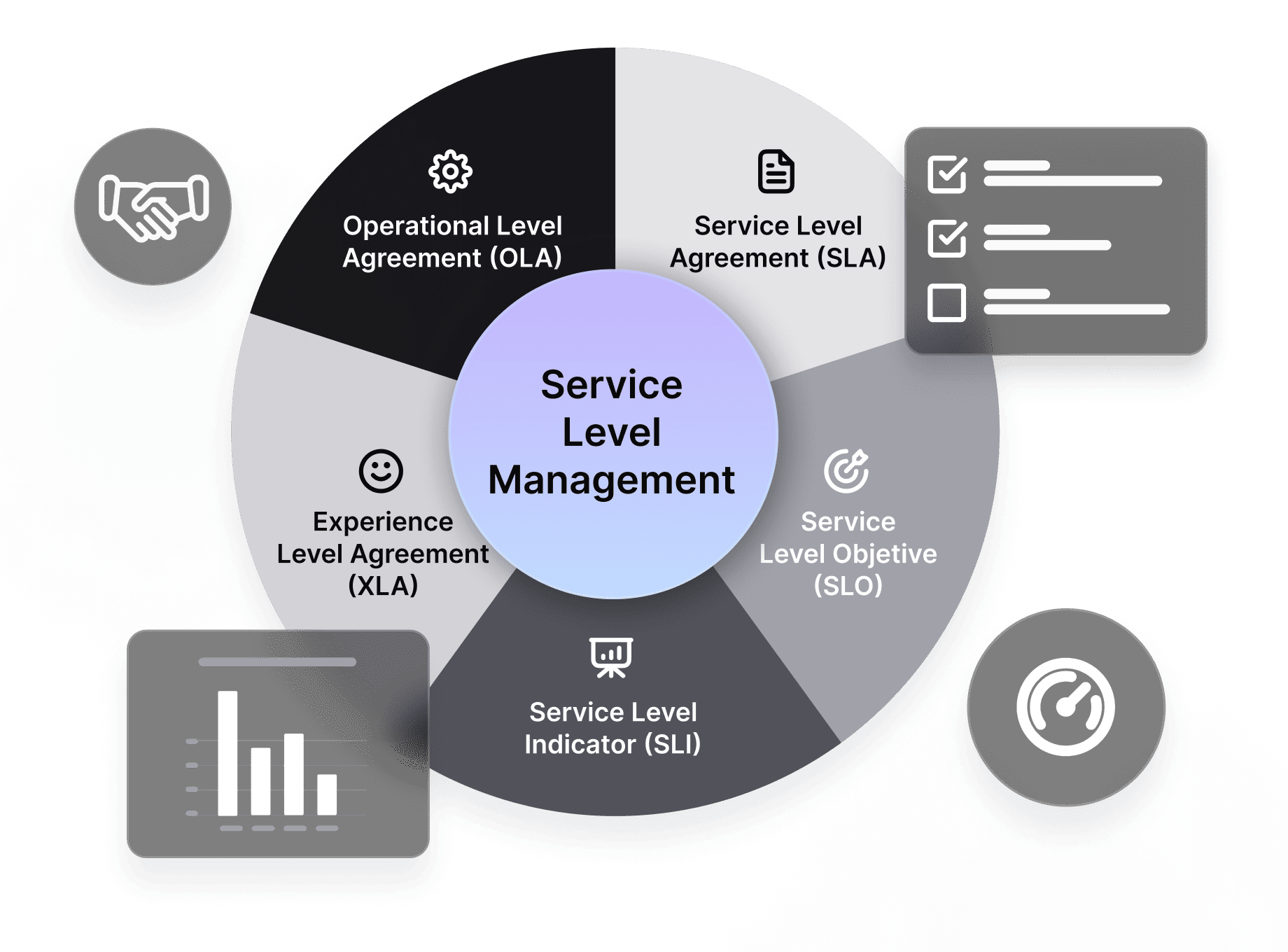
29sixservices
Overview
-
Sectors Energy
-
Posted Jobs 0
-
Viewed 21
Company Description
Understanding Legal and Compliance Aspects in Your Outsourcing Journey
This post is a submission by Managed Services Partners. Managed Services Partners is an outsourcing company with over 6 years of experience helping businesses enhance operations and drive development.
Embarking on the outsourcing journey is an undertaking that lots of services undertake to improve performances, decrease costs, and leverage specialized talent.
However, along with these prospective benefits come a host of legal and compliance complexities that should be thoroughly navigated to guarantee the success and sustainability of contracting out initiatives.
This comprehensive guide will explore key legal and compliance factors to consider, with a focus on information personal privacy laws, non-disclosure arrangements (NDAs), non-compete clauses, and the important function of flexibility in today’s vibrant organization environment.
The contracting out landscape
Outsourcing is more than a method for offloading non-core jobs; it is a transformative approach that can enhance a company’s adaptability and competitiveness.
Whether it’s IT services, customer support, making procedures, or human resources, outsourcing can provide a substantial edge. Companies that successfully outsource can focus on core business operations, drive development, and gain access to top skill without the overhead costs of full-time employment.
However, this journey is not without its legal and compliance challenges. Companies need to be mindful of the complexities surrounding the transfer and management of information, the defense of intellectual home (IP), and the maintenance of regulatory compliance.
Given the international nature of outsourcing, businesses should likewise consider cross-border legal ramifications, which may differ significantly depending on the nation where the outsourcing provider operates.

Understanding these elements is important in guaranteeing that outsourcing collaborations line up with a company’s tactical objectives while alleviating potential legal risks.
In most cases, companies that overlook legal and compliance considerations deal with expensive disputes, loss of sensitive data, or reputational damage that can take years to recuperate from.
Importance of legal factors to consider

Outsourcing naturally includes legal factors to consider that are necessary to securing a business’s interests. At the leading edge is the requirement to protect sensitive information. Companies should understand and stick to data personal privacy laws that govern the jurisdictions in which they run.

This is particularly important as data breaches can result in serious monetary penalties and reputational damage.
Furthermore, copyright rights should be plainly specified in outsourcing contracts to avoid unapproved use or misappropriation of exclusive possessions. If these rights are not appropriately developed, an organization might lose control over important innovations or personal company procedures.
For organizations operating in highly regulated industries such as health care, financing, or legal services, compliance requirements are a lot more stringent.
Adhering to regulations such as the General Data Protection Regulation (GDPR) in Europe or the Health Insurance Portability and Accountability Act (HIPAA) in the United States is vital to avoiding legal problems.
Non-Disclosure Agreements (NDAs) and non-compete provisions
When outsourcing, companies regularly share exclusive details with external provider.
To protect this valuable info, NDAs are employed. These arrangements are developed to prevent the unapproved dissemination of personal details, therefore protecting the business’s competitive advantage.
NDAs should be detailed and lawfully binding, plainly detailing what constitutes secret information and the responsibilities of both celebrations in managing sensitive information. Businesses ought to also guarantee that their NDAs include provisions for legal recourse in case of breaches.
Similarly, non-compete clauses can be included to prevent service suppliers from exploiting sensitive knowledge gotten during the outsourcing partnership to benefit a rival. This is specifically important when contracting out freelancers or companies that might have numerous clients in the exact same industry.
However, the enforceability of non-compete stipulations can vary considerably depending upon the jurisdiction. Some regions have rigorous policies limiting the scope and duration of such stipulations.
Therefore, it’s vital for companies to seek advice from legal experts with experience in the pertinent legal structures to prepare reliable agreements.
Contracts: Setting the structure
Contracts serve as the blueprint for the contracting out partnership, specifying functions, obligations, deliverables, and timelines. They likewise detail the legal and compliance expectations for both parties.
A well-structured agreement needs to attend to numerous crucial elements:
Scope of work: Clear and in-depth descriptions of the services to be offered, consisting of quality standards and performance metrics.
Data security: Specific stipulations connected to data defense, data transfer treatments, and breach notification protocols to make sure adherence to personal privacy laws.
Intellectual Property rights: Provisions that establish ownership of IP developed throughout the partnership, and terms that protect pre-existing IP.
clauses: Terms that deal with the possible end of the outsourcing relationship, including notice periods and conditions under which termination can occur without charge.
Additionally, organizations need to consider implementing service-level agreements (SLAs) to make sure accountability and efficiency tracking. SLAs specify quantifiable criteria that the outsourcing provider need to satisfy, providing companies with recourse if expectations are not fulfilled.
Engaging with service providers
Consulting with potential service companies throughout the early phases of the contracting out journey is a strategic move. This engagement allows business to assess the service provider’s ability to meet legal and compliance requirements.

Thorough vetting procedures, such as asking for recommendations, examining past jobs, and examining compliance accreditations, can offer valuable insights into the supplier’s dependability and adherence to market standards.
Businesses need to also assess the financial stability of possible outsourcing partners.
A service company that faces monetary obstacles might not be able to keep operations long-lasting, posing a threat to continuous projects. Conducting due diligence beforehand can prevent future disturbances.
The function of adaptability in legal and compliance strategies
Adaptability is an important part of effective outsourcing, especially when it comes to navigating developing legal landscapes. Regulations and market conditions can change quickly, making it essential for business to stay nimble.
Building versatility into agreements and establishing processes for continuous compliance monitoring can help organizations adapt to new legal requirements and preserve a competitive edge.
For instance, if a company is contracting out customer support operations to numerous countries, they need to guarantee compliance with numerous nationwide laws relating to consumer protection and information privacy.

Regularly updating policies and agreements in action to legislative modifications can prevent legal pitfalls.
Real-world factors to consider and best practices

To make sure legal and compliance success in outsourcing, businesses should adopt the following best practices:
Regular audits and evaluations
Conduct routine audits and evaluations to guarantee that provider stay certified with legal and regulative requirements. This proactive method can assist recognize potential spaces before they intensify into considerable problems.
Training and awareness
Educate staff members and outsourced teams on information security practices and legal obligations. This makes sure that everyone associated with the contracting out journey comprehends the importance of compliance and the function they play in securing info.
Collaboration and communication
Foster a collaborative relationship with company. Open lines of communication can assist address compliance concerns quickly and assist in joint problem-solving efforts.
Crisis management preparation
Have contingency strategies in location in case of security breaches, contract conflicts, or provider failures. A well-structured crisis management strategy ensures that companies can quickly react to challenges without substantial disruptions.
Legal compliance for outsourcing success

Understanding the legal and compliance aspects of outsourcing is vital for services wanting to leverage external capabilities while protecting their interests. By concentrating on key locations such as data privacy, NDAs, non-compete clauses, copyright rights, and adaptability, business can successfully browse the outsourcing landscape.
Successful contracting out hinges on a collective method between the business and its provider. Building trust and maintaining transparent interaction can cause effective problem-solving and a shared dedication to compliance.
